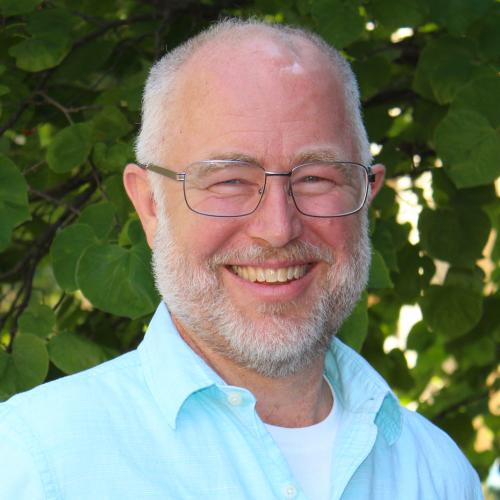Assistant Professor Nicole Cooke, Assistant Professor Jana Diesner, and Senior Research Scientist Martin Wolske will participate in the International Communication Association’s 64th Annual Conference May 22-26. The theme of the 2014 conference, which will be held in Seattle, is “Communication and ‘the Good Life.’”
Cooke will present at the preconference session, “Sharing: A Keyword for the Digital Age,” on May 22. In her talk, “Information Sharing, Community Development, and Deindividuation in the eLearning Domain,” Cooke will discuss results of her 2012 study of interactions among students of an online LIS program.
Abstract: In a recent study of the information behaviors of graduate students enrolled in an online Masters of Library and Information Science (MLIS) program (Cooke, 2012), it was determined that learners engage in threaded discussions not only for cognitive purposes but for affective reasons as well. The information sharing among students was particularly strong and prolific during a session in which medical ailments and information were discussed. Data supporting this research were collected from an asynchronous class in a graduate LIS program, and were examined through textual analysis. This data provided rich insight into the student’s activities and learning during fifteen weeks, and enhanced the overall context for the small world that develops within an online learning community during a semester of graduate study.
Cooke’s research interests include human information behavior, particularly in an online context; diversity and social justice in librarianship; LIS education and pedagogy, particularly in the online environment; and information literacy and instruction. She graduated from Rutgers University with a Ph.D. in communication, information, and library studies in 2012 (where she was an 2008 American Library Association Spectrum Doctoral Fellow). Previously, she was an instruction librarian and tenured assistant professor at Montclair State University’s (New Jersey) Sprague Library.
Diesner is co-organizing the panel, "Social and Semantic Networks in Communication Research," with Wouter van Atteveldt (VU University, Amsterdam) and Christian Baden (Ludwig Maximilians University, Munich).
Abstract: The quick advancement of social networks and semantic network analysis is still weakly received in the communication sciences. Network researchers have developed powerful and scalable tools and approaches to the analysis of discourse texts and communicative interactions, and first inroads are being cut toward the joint analysis of social and semantic network data. However, these methods' communication theoretic foundations, as well as their applications for addressing pressing questions in the field are still underdeveloped. This workshop is aimed to connect network analytic methodology with important developments in the field of communication research.
Diesner conducts research at the nexus of network science, natural language processing and machine learning. Her research mission is to contribute to the computational analysis and better understanding of the interplay and co-evolution of information and the structure and functioning of socio-technical networks. She develops and investigates methods and technologies for extracting information about networks from text corpora and considering the content of information for network analysis. In her empirical work, she studies networks from the business, science and geopolitical domain. She is particularly interested in covert information and covert networks.
Wolske and coauthors Maya Israel (Special Education), George Reese (MSTE, Curriculum and Instruction), and Avigail Snir (MSTE, Curriculum and Instruction) will present, “Supporting All Learners in School-Wide Computing: A Cross-Case Qualitative Analysis” during the May 22 preconference session, “Communication and ‘The Good Life’ Around the World After Two Decades of the Digital Divide.”
Abstract: National initiatives have raised awareness of the importance of developing innovative approaches to science, technology, engineering, and math (STEM) education, especially within elementary and middle schools. This presentation will highlight approaches currently underway within a small Midwestern elementary school to advance computational thinking as part of building inclusive digital communities. We especially emphasize work with families whose students are at risk of academic failure. We take a multi-stakeholder community building approach to the development of computational thinking, tapping into the school librarian as engagement leader. It builds from the assets brought to the initiative by school administrators, teachers, librarians, and technical staff, as well as students, parents, and community leaders. The approach creates a school-wide and community-deep community of inquiry to share innovative approaches and lessons learned. A multidisciplinary team of faculty, staff, and students from the University of Illinois have served as advocates, trainers, and lead evaluators in this elementary school-led initiative.
Wolske is a national leader in education and the digital divide. As a senior research scientist at the Center for Digital Inclusion at GSLIS, Wolske leads a variety of inclusive community engagement projects focused on technology. He is also an award-winning instructor in community informatics, teaching interactive courses that engage graduate students in technology projects across Illinois. Wolske has overseen the creation and installation of more than 100 community technology labs in schools, churches and other community institutions. He has lectured and published extensively on service learning and Internet access issues in impoverished communities.
